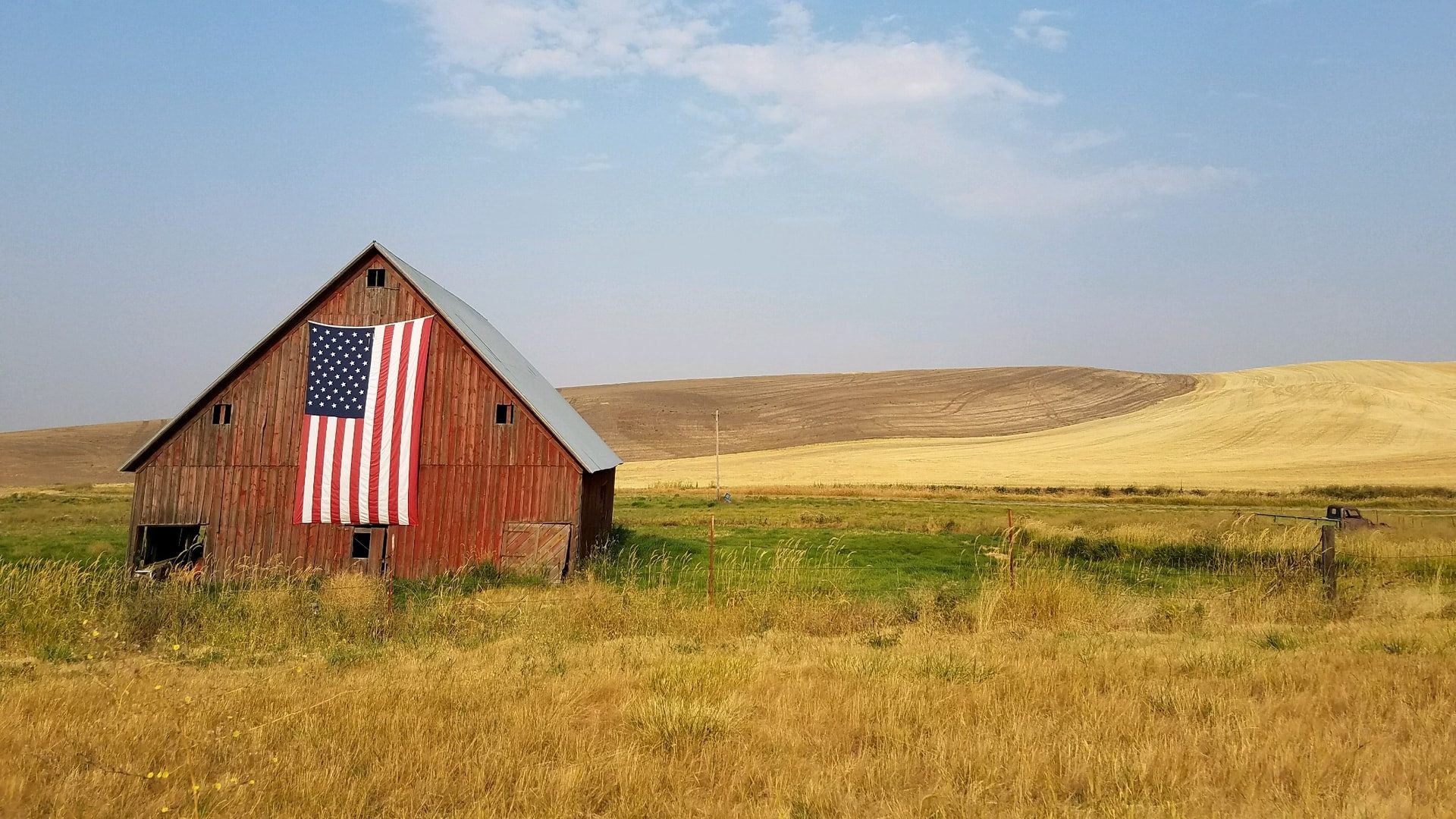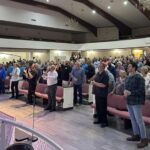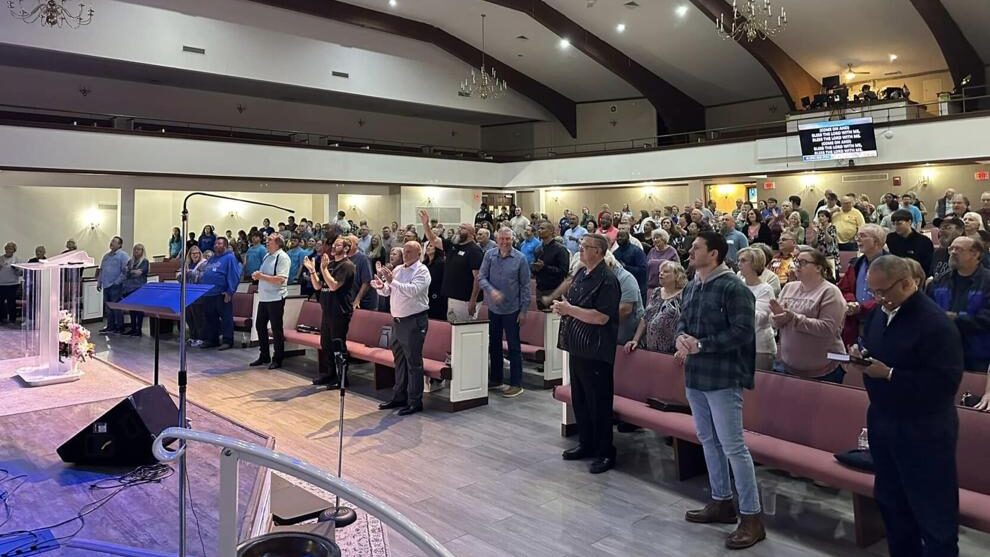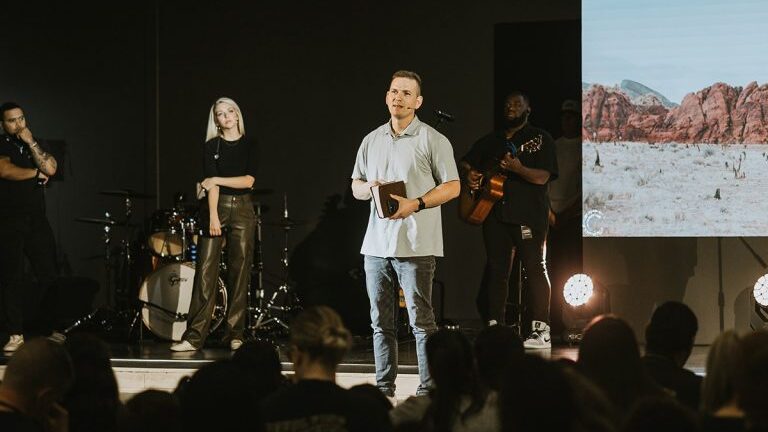Jeff Clark believes Christians need to reach their cities for Christ, but they shouldn’t overlook those without Christ in rural America.
“Research shows several rings around our great cities,” he said at a Jan. 27 virtual conference sponsored by the Southern Baptist Conference of Associational Leaders. “The first is ‘suburbs,’ and then what is called ‘exurbs.’ These are residents who aren’t more than an hour away and can come into the city to work and shop.
“But the final ring is called ‘rural.’ The U.S. Census Bureau has defined ‘rural’ as 2,500 population or less, but this isn’t the best definition in my judgment,” said Clark, who serves both the International Mission Board as rural theologian and researcher and Wheaton College as global rural researcher. “Whatever the case, some 45% of Americans live in rural areas.”
Clark noted his rural credentials growing up in Southern Middle Tennessee on the family farm.
“One of my friends used to joke that we’d have to drive toward town to hunt!” he said with a laugh.
After graduation from Carson-Newman College and Southern Baptist Theological Seminary, Clark planted churches in Rogers City, Michigan; Manchester, Tennessee; and Orlando. He did denominational service in West Virginia and Montana and was an IMB missionary in Taiwan.
‘Seismic shift’
Clark noted a “seismic shift” in the last 50 years in America.
“In 1972 if you owned a business you went to church,” he explained. “Christians wanted to buy from church-going business people. We had ‘blue laws’ that mandated store closings on Sunday, and even when convenience stores came along, they couldn’t sell alcohol until after noon on Sundays. Christians had ‘muscle’ and major influence.”
Clark called this world “Christendom” but noted it has declined.
“We now have ‘pluralism’ instead of Christendom and the idea we must ‘coexist,’” he said. “Secularism is part of this environment. It’s not anti-religious but void of any religious domination. And the church must learn to deal with this new reality.”
‘Home missionary mindset’
Clark noted the church often has responded inadequately to secularism with denial, blame, nostalgia, withdrawal or despair, but he counsels a return to a “home missionary mindset.”
“The missionary’s goal is not primarily to start a church, but to reach a people group,” he declared. “So a missionary has a different role from a pastor, though both are needed.”
The missionary mindset means church leaders must learn the language and culture of the targeted area.
“Someone said, ‘If you’ve seen one rural town, you’ve seen [all] rural towns,’” Clark said. “This is true, (but) every place [has its own unique culture]. My church in Michigan was five hours north of Detroit. Though the men drove pickup trucks with gun racks, the radio stations played Polish music!”
Missionaries must witness to the lost, focus on discipleship and leverage their resources, Clark said, since time and money often are limited.
New works needed
But he doesn’t discount the need for new churches and pastors to lead them.
“We think there are 97 million in America who say they’re not Christians, and millions more who are Christian in name only,” Clark asserted. “This is the ‘so what?’ These lives matter, and this calls us to be both missional and pastoral.”
He said he’s heard many excuses for not planting churches, including, “We have enough churches already,” “This area isn’t growing” and “We can’t give up our members to go someplace else.” Clark’s response is that mission leaders mustn’t look at the total number of people in an area but feel a burden for the total number of lost people.
He cited the Pike Association of Southern Baptists in Kentucky as an example.
“The Kentucky Baptist Convention did a study and found the population in Pike County to be 55,933, with more than 100 churches. But only eight and one-half percent were active in a church,” Clark said. “The association sponsored a new church in 2017 — the first new church in 30 years — and another in 2018 and is in the process of planting a third now.
“Jesus said the people are ‘harassed and helpless and need a shepherd,’” Clark noted. “The work of missions and church planting begins and ends with relationships. We take people where they are and help them grow in discipleship.”
Clark has a private Facebook group called “Rural Matters Institute” and invites interested church leaders to request membership. He also posts resources for the rural church at wheatonbillygraham.com/institutes/rural. He may be contacted at jclark2@imb.org.
The SBCAL plans a two-day event in Anaheim, California, called “Pursuing Love and Good Works,” in conjunction with the Southern Baptist Convention annual meeting in June. SBCAL’s website is sbcal.org.








